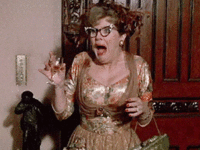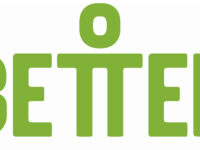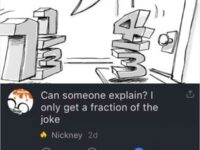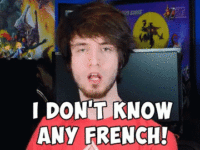The cultural landscape of the internet is often painted with myriad shades of humor, absurdity, and the delightfully unexpected. Among the plethora of viral sensations that captivate netizens, one particular gem has emerged, encapsulating both shock and amusement: the “Brennan Has A Mangina” gif. This intriguing clip transcends mere humor, offering a peculiar lens through which to examine societal norms and gender constructs.
Brennan Has A Mangina GIF
At the crux of the fascination with this gif lies an exploration of identity, both personal and collective. It juxtaposes elements of gender fluidity with sheer hilarity, prompting viewers to engage in an internal dialogue about the nuances of identity. The unexpectedness of the phrase and its accompanying visuals elicits laughter, while simultaneously provoking thought regarding societal expectations surrounding masculinity and femininity.
Humor as a Reflection of Society

Humor often serves as a powerful reflection of societal norms. In this case, the outrageous nature of the statement challenges preconceived notions about gender binaries. It invites viewers to reconsider the restrictions imposed by traditional definitions of masculinity and femininity, suggesting that identity is far more fluid than previously acknowledged. This gif resonates particularly with younger audiences, who navigate a landscape increasingly defined by nonconformity and diverse representations of self.
The Viral Nature of Absurdity

This gif also highlights the viral nature of absurdity within digital culture. As humor evolves in tandem with technology, gifs become a new dialect of expression, allowing users to communicate complex emotions and ideas succinctly. The “Brennan Has A Mangina” gif embodies this evolution, demonstrating how absurdity can captivate and compel audiences, establishing a shared experience that transcends geographical boundaries.
Conclusion

Ultimately, the allure of the “Brennan Has A Mangina” gif lies in its ability to simultaneously entertain and provoke critical thought. It serves as a reminder that humor can be a potent vehicle for societal reflection, challenging us to confront and deconstruct our own assumptions about identity and expression. As such, it invites viewers into a dialogue that is both playful and profound, making it a staple of contemporary internet culture.






